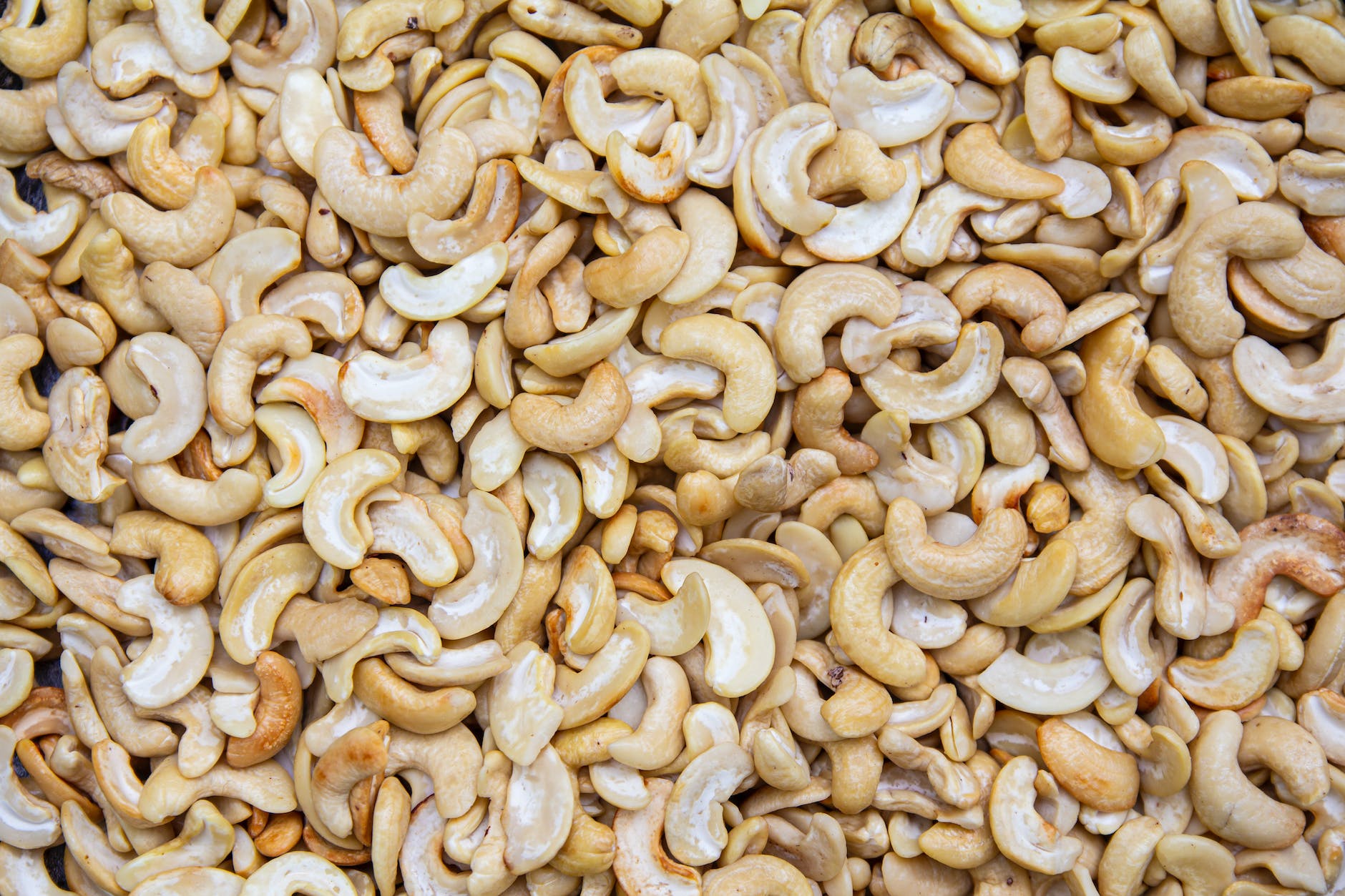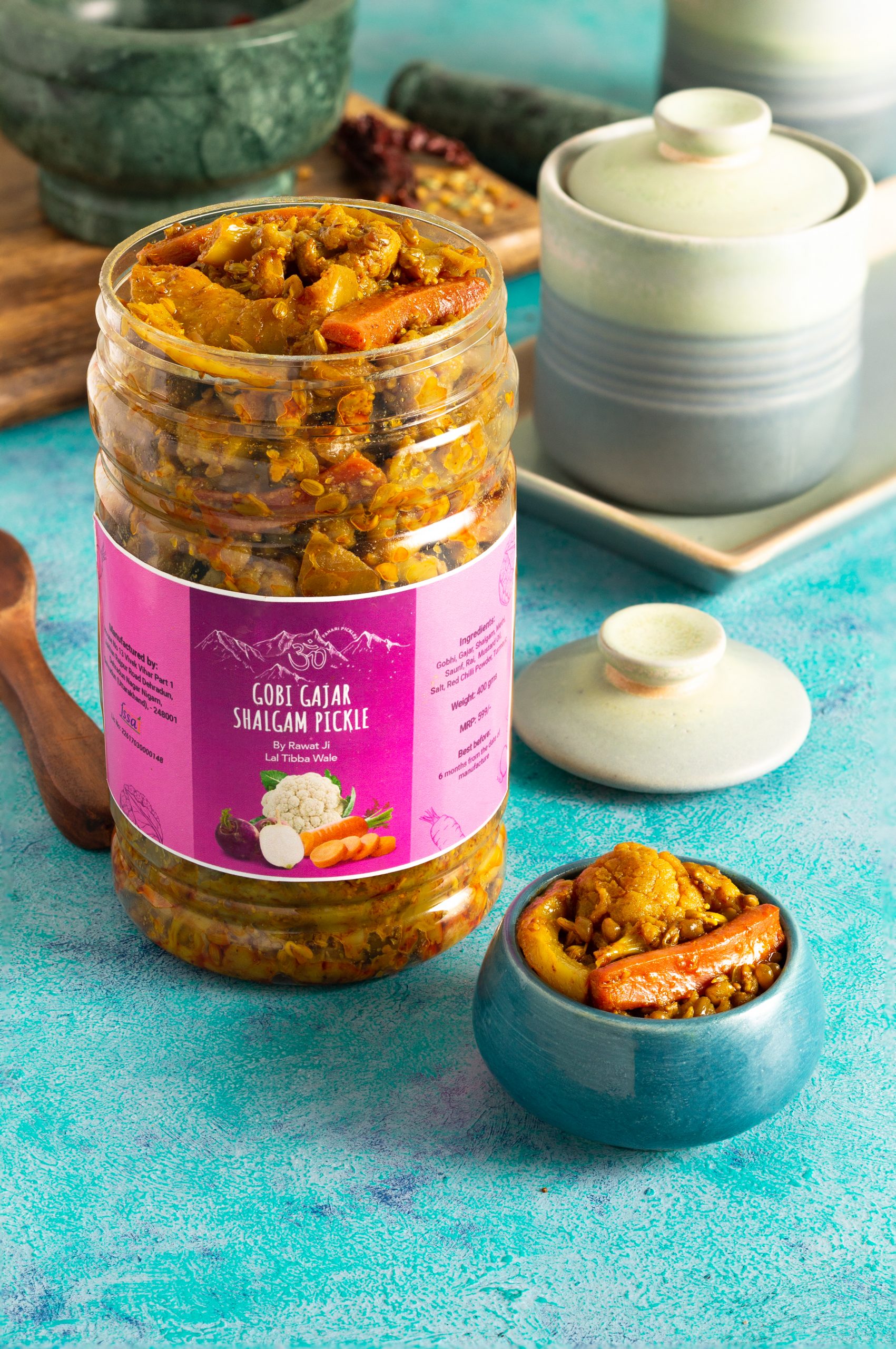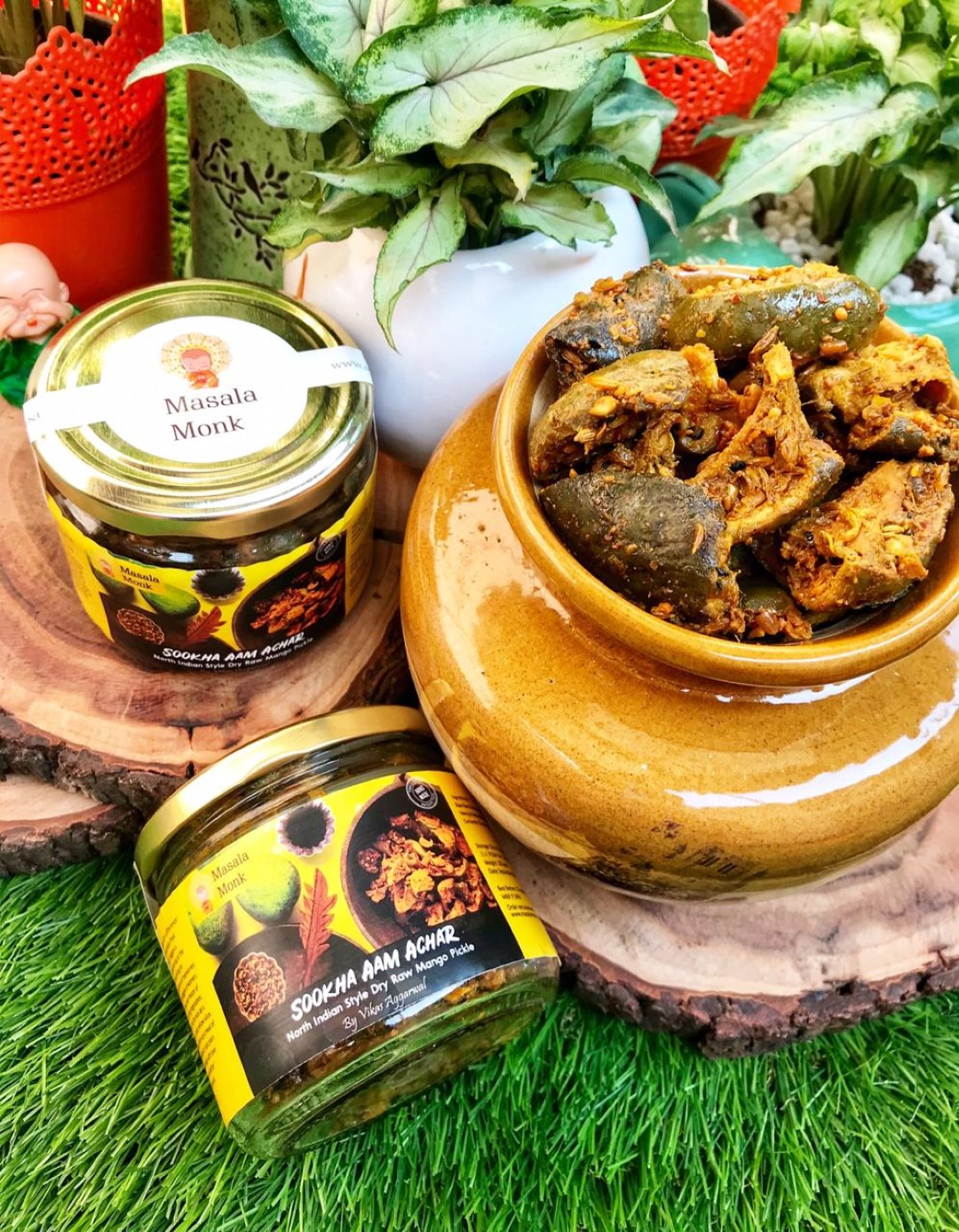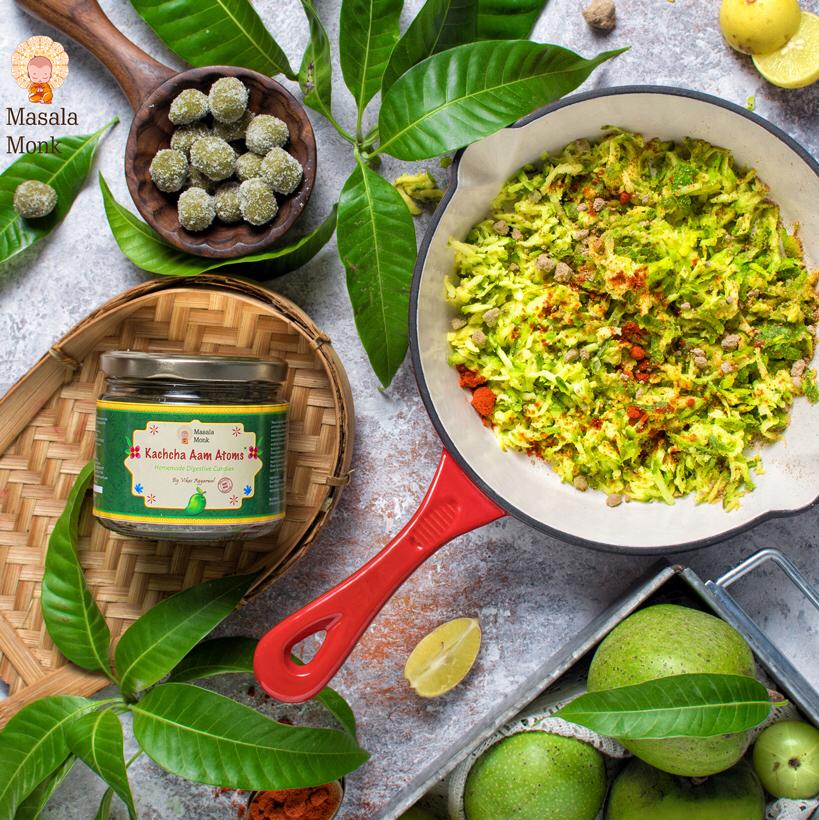
Introduction:
The world of nutrition is ever-evolving, with new research and findings constantly reshaping our understanding of what constitutes a healthy diet. The food pyramid, a visual representation of dietary recommendations, has been a staple guide for many. However, as we step into 2023, this iconic pyramid has undergone significant changes, reflecting the latest in nutritional science, individual dietary needs, and an emphasis on sustainable eating. This comprehensive guide delves deep into the revamped 2023 Food Pyramid, offering insights into its components, the rationale behind the changes, and practical tips for implementation.
What is the 2023 Food Pyramid:
The food pyramid serves as a visual guide, illustrating the optimal quantity and variety of foods for a balanced diet. Over the years, the pyramid has evolved, with the 2023 version being a notable shift in dietary recommendations. This version emphasizes not just what we eat but also how we eat, promoting balance, variety, and conscious, sustainable choices.
Key Components and Changes in Food Pyramid:
- Proteins: The pyramid highlights plant-based proteins like lentils, chickpeas, and tofu. However, traditional sources like lean meats, poultry, fish, and eggs still find their place, emphasizing diversified protein sources.
- Dairy: Dairy products remain, but plant-based alternatives like soy milk and almond milk are now included, recognizing that dairy isn’t universally suitable.
- Fats and Oils: Healthy fats are essential, but they’re near the pyramid’s top, indicating the importance of portion control due to their calorie-dense nature.
- Increased Focus on Plant-Based Foods: The pyramid leans more towards whole grains, vegetables, fruits, and plant-based proteins, reflecting research on the health benefits of plant-based diets.
- Emphasizing Whole Grains: Whole grains are foundational, promoting satiety and energy for physical activities.
- Importance of Hydration: The pyramid underscores hydration’s critical role for overall health and peak performance.
- Portion Control: Introduced in 2023, this concept emphasizes that a balanced diet is about eating the right foods in the right amounts.
Rationale Behind the Changes:
The changes incorporate findings from recent nutrition research, emphasizing a plant-forward diet, whole grains, and hydration’s role. With growing awareness of food choices’ environmental impact, there’s a push towards diets that are both health-promoting and environmentally friendly.
Benefits of Following the 2023 Food Pyramid:
- Enhanced Nutritional Intake: The pyramid promotes a diet covering all nutritional bases.
- Improved Health Outcomes: A diet rich in whole foods can reduce the risk of many chronic diseases.
- Weight Management: Emphasizing whole foods and portion control supports healthy weight management.
- Boosted Physical Performance: The right mix of nutrients ensures energy for workouts and effective recovery.
- Sustainable Eating Habits: The pyramid promotes a diet with a lower ecological footprint, contributing to a healthier planet.
Challenges in Adapting to the New Pyramid:
- Breaking Old Habits: Adapting to new guidelines might take effort.
- Preference for Meat: The emphasis on plant-based foods might challenge meat lovers.
- Access to Whole Foods: Depending on location, accessing a variety of whole foods may be challenging.
- Time for Meal Prep: Eating a variety of whole foods might mean more meal preparation time.
Practical Tips for Implementation:
- Start Small: Begin by incorporating small changes.
- Plan Your Meals: Ensure a balanced intake from all food groups.
- Stay Active: Regular physical activity complements a balanced diet.
- Listen to Your Body: Use the pyramid as a guide but adapt it according to your needs.
FAQs:
- What is the 2023 Food Pyramid? The 2023 Food Pyramid is the latest dietary guideline that emphasizes plant-based foods, whole grains, hydration, and portion control.
- How is the 2023 Food Pyramid different from previous versions? The new pyramid places a greater emphasis on plant-based foods, hydration, whole grains, and introduces the concept of portion control.
- Why has there been a shift towards plant-based foods in the 2023 Food Pyramid? The shift reflects recent research on the health benefits of plant-based diets and the environmental impact of meat production.
- Is the 2023 Food Pyramid government-approved? Yes, the Food Pyramid is typically endorsed by government health agencies, reflecting the latest in nutritional science.
- How does the USDA’s 2023 Food Pyramid address sustainability? The pyramid promotes a diet with a lower ecological footprint, emphasizing plant-based foods and sustainable eating practices.
- Are there any controversies surrounding the 2023 Food Pyramid? There have been discussions, especially regarding claims about certain foods like “Lucky Charms” being healthier than others, which have been debunked.
- How does the FDA view the 2023 Food Pyramid? The FDA typically aligns with government-endorsed dietary guidelines, emphasizing balanced and safe food choices.
- What are the major components of the new Food Pyramid for 2023? Major components include plant-based proteins, whole grains, a variety of vegetables and fruits, dairy or dairy alternatives, and healthy fats.
- How does the 2023 Food Pyramid address the issue of hydration? Hydration is underscored as a critical component for overall health, with recommendations to drink adequate water throughout the day.
- Why is there an emphasis on whole grains in the 2023 Food Pyramid? Whole grains are rich in fiber and essential nutrients, promoting satiety, energy, and overall health.
- How can individuals implement the 2023 Food Pyramid in their daily diets? By incorporating more plant-based foods, choosing whole grains, staying hydrated, and practicing portion control.
- Does the 2023 Food Pyramid suggest that “Lucky Charms” is healthier than steak? No, this claim has been debunked. It’s essential to refer to official sources for accurate dietary guidelines.
- Is the NIH involved in the creation of the 2023 Food Pyramid? While the NIH conducts extensive health research, dietary guidelines like the Food Pyramid are typically the domain of agencies like the USDA.
- How does the American Food Pyramid for 2023 compare to international guidelines? While there are similarities, each country’s dietary guidelines may differ based on cultural, environmental, and health factors.
- What are the benefits of following the 2023 Food Pyramid? Benefits include enhanced nutritional intake, improved health outcomes, weight management, and sustainable eating habits.
- Are there challenges in adapting to the 2023 Food Pyramid? Yes, challenges can include breaking old habits, preference for meat, access to whole foods, and understanding portion sizes.
- How does the 2023 Food Pyramid promote weight management? By emphasizing whole foods, portion control, and a balanced intake from all food groups.
- What is the “eat the rainbow” approach in the 2023 Food Pyramid? It refers to consuming a diverse range of vegetables and fruits, as different colors signify different nutrients.
- How does the 2023 Food Pyramid address dietary needs for fitness enthusiasts? It ensures a balanced mix of protein, carbs, and fats for energy, workouts, and recovery.
- Where can I find official information on the 2023 Food Pyramid? Official dietary guidelines can be found on government health websites, such as health.gov.
Conclusion:
The 2023 Food Pyramid is more than just an updated dietary guide; it’s a reflection of our evolving understanding of nutrition and its role in our health, fitness, and overall well-being. It emphasizes the importance of balance, variety, and sustainability, providing a roadmap for those seeking a healthier lifestyle. While challenges may arise in adapting to this new guide, the benefits, both personal and environmental, make it a journey worth embarking on. As we navigate the ever-evolving landscape of nutrition, the 2023 Food Pyramid serves as a beacon, guiding us towards choices that nourish both our bodies and our planet. So, are you ready to embrace this change and embark on a journey toward better health and a sustainable future?













